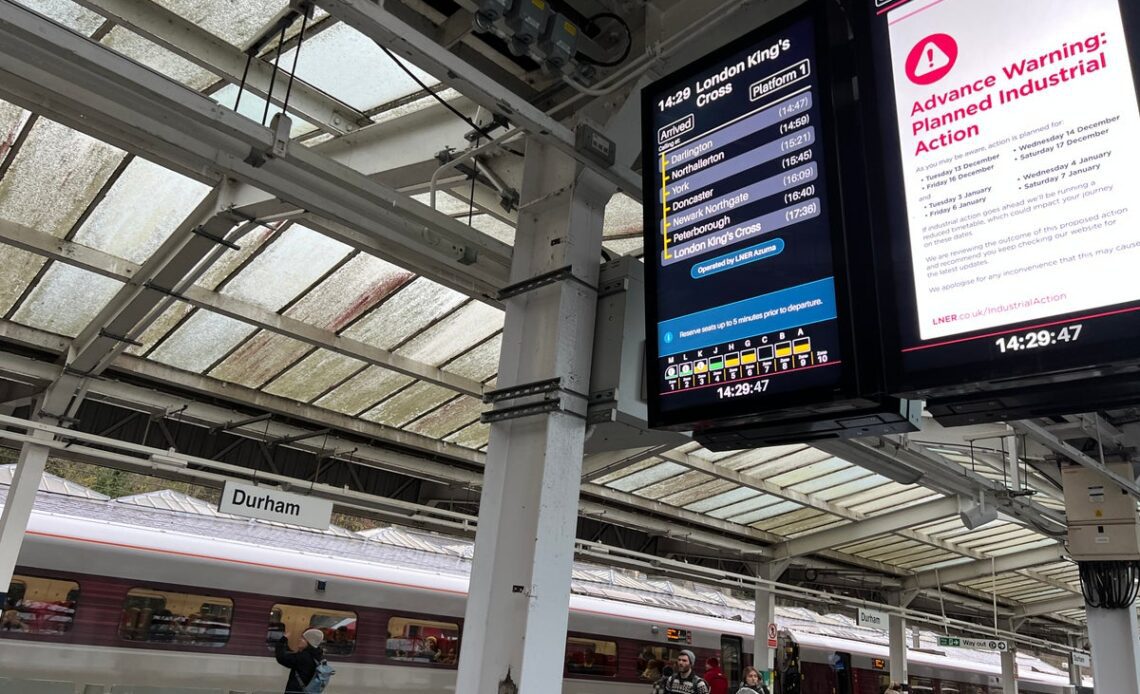Network Rail has followed the Rail Delivery Group (RDG) in making a pay offer to the unions.
The infrastructure provider said in a statement: “After a weekend of intensive pay talks with our trades unions we have made an improved pay offer to RMT, TSSA and Unite.”
It would backdate a pay rise of 5 per cent to the start of 2022, subject to a minimum of £1,750 and a maximum of £3,500 on the annual base rates of pay.
For 2023, Network Rail proposes a 4 per cent increase.
The organisation says it will guarantee no compulsory redundancies until 31 January 2025, and improve the ticket discount scheme for staff and family members.
It appears a better deal than that offered by the RDG, which represents train operators. An offer of 8 per cent over two years with a guarantee of no compulsory redundancies until April 2024 was swiftly rejected by the RMT union.
The RDG proposal is contingent on what the employers call “vital and long overdue changes to working arrangements necessary to secure the future of the industry”.
They include changes that the RMT has long been opposed to, including the closure of station ticket offices and the operating of train doors by drivers, known as DOO.
In rejecting the RDG offer, the union’s general secretary, Mick Lynch, said: “We have rejected this offer as it does not meet any of our criteria for securing a settlement on long-term job security, a decent pay rise and protecting working conditions.
“If this plan was implemented, it would not only mean the loss of thousands of jobs but the use of unsafe practices such as DOO and would leave our railways chronically understaffed.”
The next round of national strikes is scheduled for 13-14 and 16-17 December, followed by a further round on 3-4 and 6-7 January. In addition, the RMT union will ban overtime between 18 December and 2 January.
Unless some sort of deal can be found by Tuesday 6 December, cancellations of trains will begin.
If the stoppage goes ahead it will constitute the biggest sustained industrial action on the railways since 1989. So far this year, the RMT has called 11 days of national strikes. In October, three days of walkouts were called off at short notice, but widespread disruption was still felt over the course of a week.
Were the unions to accept the Network Rail deal, a significantly larger proportion of trains are likely to…
Click Here to Read the Full Original Article at The Independent Travel…
